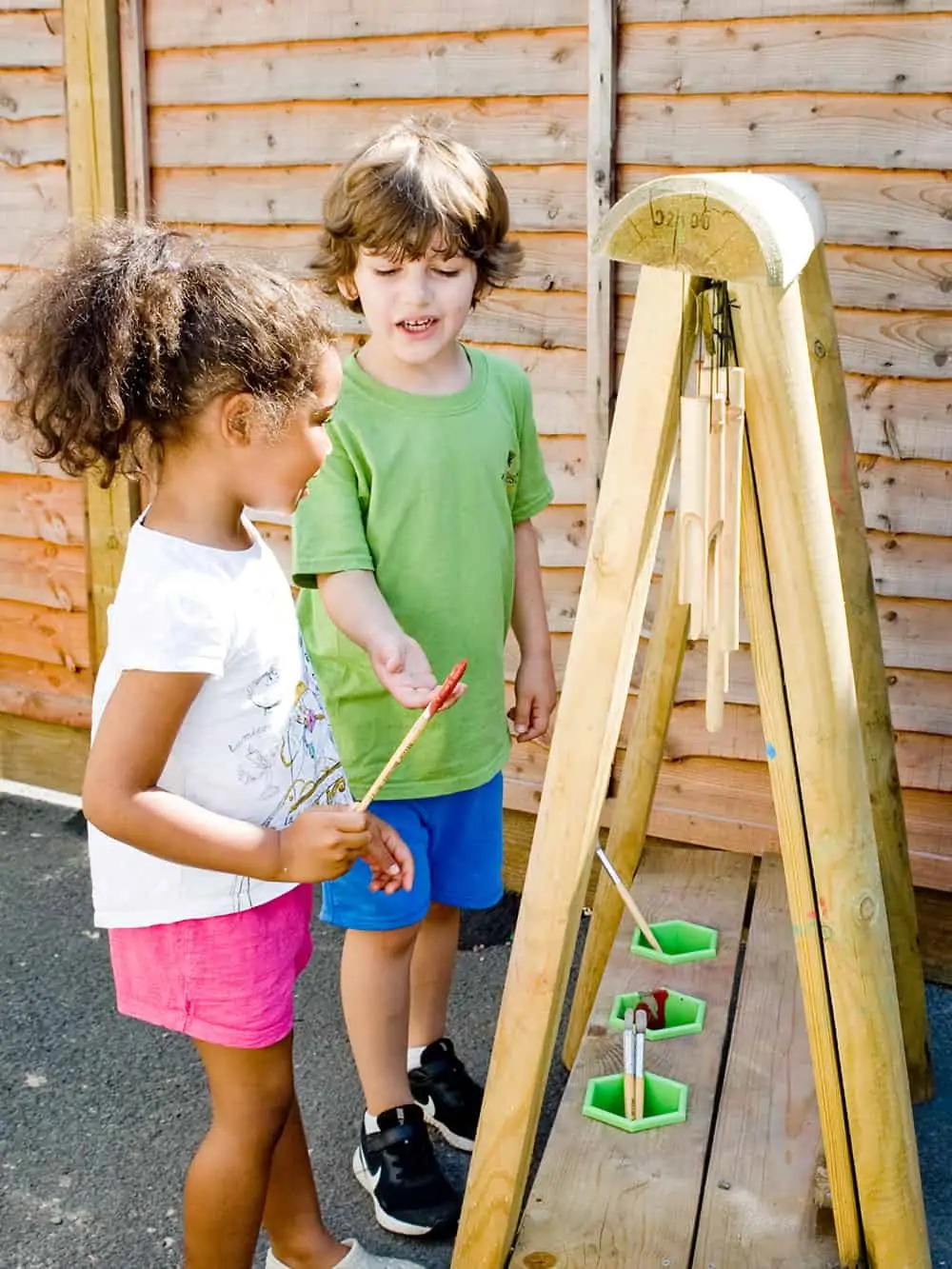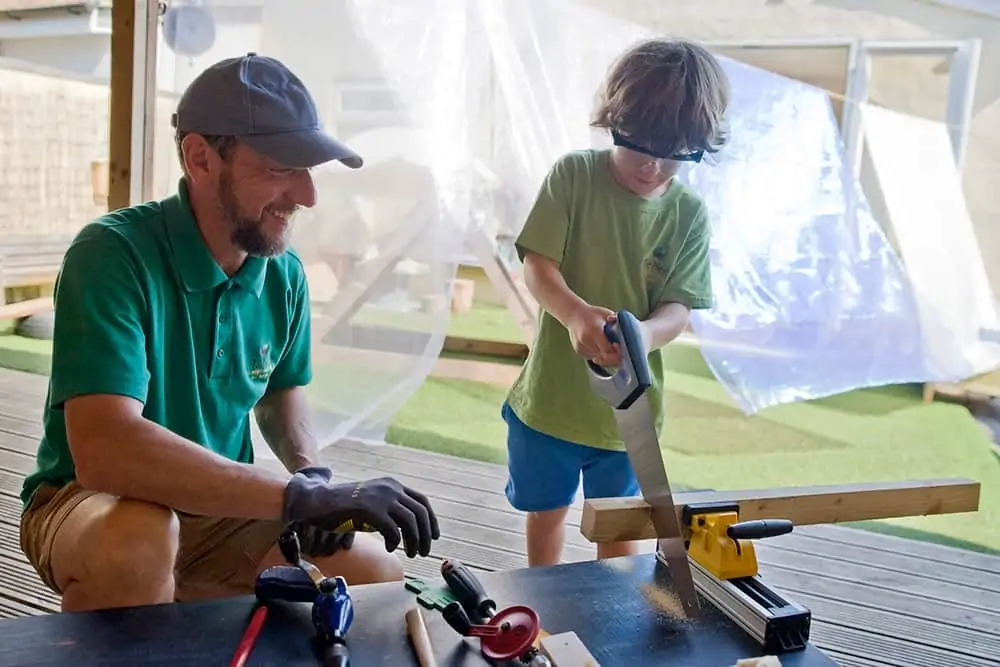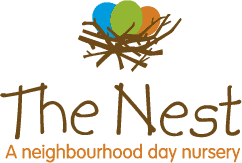Our Unique Curriculum and Intent
We focus on magical moments where we have an ethos of inclusivity and awareness of different views, faiths and cultures which are valued and exploredChildren make choices, they are encouraged to develop their independence and self care
We support all children to problem solve and learn to set their own challenges, being responsible for their own risk taking.
Staff role model communication skills so children can communicate their needs and confidently talk to adults as well as their peers.
Mutual respect, positive and polite behaviour is encouraged with the intent of our environment to foster personal, social and emotional development, provide children with experiences and opportunities to help them progress, to be curious and try new things to take forward into school and beyond.
Children learn to understand their own and others behaviour and its consequences and learn to distinguish right from wrong.
The setting will not segregate boys and girls, all children have the same opportunity, for example both girls and boys participate in woodwork and cooking and adults will challenge gender stereotypes .
A way of helping children learn and reach their full potential is known as In The Moment Planning which we implement at The Nest. This is based on children’s interest and extends their learning by scaffolding and tailoring the child’s individual needs.
For early years practitioners, this will mean facilitate learning by using regular observations and interactions.

We believe this is best because…
“Babies and young children are experiencing and learning in the here and now, not storing up their questions until tomorrow or next week. It is in that moment of curiosity, puzzlement, effort or interest – the ‘teachable moment’ – that the skilful adult makes a difference. By using this cycle on a moment-by-moment basis, the adult will be always alert to individual children (observation), always thinking about what it tells us about the child’s thinking (assessment), and always ready to respond by using appropriate strategies at the right moment to support children’s well-being and learning (planning for the next moment).”
From The National Strategies Good practice in the EYFS (2009) document -Learning, Playing and Interacting P.23

Progress and Development
When children show high levels of involvement, that is when there is progress and development occurring – when the brain is at its most active. High level involvement occurs most often when children are able to pursue their own interests in an enabling environment supported by skilled staff. Planning in the moment helps to make this possible.
An Enabling environment
Resources are accessible to the children and they are varied and open – ended. This gives children the opportunity to select resources to support their chosen play.
Early Years Foundation stage Framework
The Early Years Foundation Stage sets the standards that all early years providers must meet to ensure children learn and develop well and are kept safe and healthy.
The updated Statutory Framework for the EYFS September 2021 has key changes, these key changes are:
- To reduce the work load for early years practitioners
- To improve literacy and numeracy outcomes for children entering year 1 of school
- To improve the outcomes of age 5 years with a focus on the disadvantaged and to close the gap
The EYFS seeks to provide:
- Quality and consistency in all early years settings, so that every child makes good progress and no child gets left behind
- A secure foundation through planning for the learning and development of each individual child, and assessing and reviewing what they have learned regularly
- Partnership working between practitioners and with parents and/or carers
- Equality of opportunity and anti-discriminatory practice, ensuring that every child is included and supported
The Four guiding principles should shape practice in early years settings
These are:
- Every child is a unique child, who is constantly learning and can be resilient, capable, confident and self-assured
- Children learn to be strong and independent through positive relationships
- Children learn and develop well in enabling environments with teaching and support from adults, who respond to their individual interests and needs and help them to build their learning over time. Children benefit from a strong partnership between practitioners and parents and/or carers
- The importance of learning and development. Children develop and learn at different rates
The areas of learning and development:
There are seven areas of learning and development that must shape educational programmes in early years settings.
All areas of learning and development are important and inter-connected.
Three areas are particularly important for building a foundation for igniting children’s curiosity and enthusiasm for learning, forming relationships and thriving.
These are the prime areas:
- Communication and language
- Physical development
- Personal, social and emotional development
Providers must also support children in four specific areas, through which the three prime areas are strengthened and applied. The specific areas are:
- literacy
- Mathematics
- Understanding the world
- Expressive arts and design
This framework does not prescribe a particular teaching approach
Play is essential for children’s development, building their confidence as they learn to explore, relate to others, set their own goals and solve problems. Children learn by leading their own play, and by taking part in play which is guided by adults.
Practitioners need to decide what they want children in their setting to learn, and the most effective ways to teach it.
Practitioners must reflect on the different rates at which children are developing and adjust their practice appropriately.
Three characteristics of effective teaching and learning are:
- Playing and exploring – children investigate and experience things, and ‘have a go’
- Active learning – children concentrate and keep on trying if they encounter difficulties, and enjoy achievements
- Creating and thinking critically – children have and develop their own ideas, make links between ideas, and develop strategies for doing things
Assessment
Assessment plays an important part in helping parents, carers and practitioners to recognise children’s progress, to understand their needs and to support parents. Ongoing assessment (also known as formative assessment) is an integral part of the learning and development process. It involves practitioners knowing children’s level of achievement and interests, and then shaping teaching and learning experiences for each child reflecting that knowledge. In their interactions with children, practitioners should respond to their own day-to-day observations about children’s progress and observations that parents and carers share.
Assessment should not entail prolonged breaks from interaction with children, nor require excessive paperwork. When assessing whether an individual child is at the expected level of development, practitioners should draw on their knowledge of the child and their own expert professional judgement and should not be required to prove this through collection of physical evidence. At The Nest progress trackers will be completed every three months by the child’s key person. If a key person has a concern with a child’s development they will discuss this with the settings special educational needs disability advisor (SEND.)
Parents will be kept up-to-date with their child’s progress and development.
Progress check at age two
When a child is aged between two and three, practitioners must review their progress, and provide parents and/or carers with a short written summary of their child’s development in the prime areas. This progress check must identify the child’s strengths, and any areas where the child’s progress is less than expected.
Dfe, 2021.

